Key Takeaways:
- Advanced alien life, if found, is likely to be artificial rather than organic.
- Extraterrestrial civilizations may evolve beyond biological forms, moving toward artificial intelligence.
- Detecting aliens might involve spotting machine remnants or signals from super-intelligent entities.
- Future intelligence could potentially manipulate entire galaxies, harnessing immense energy.
- Our existence might even be a simulated model created by a higher intelligence.
_____________
Alien life forms might already have transitioned to non-biological intelligence, operating independently from planetary environments.

Artificial Intelligence: The Likely Form of Alien Civilizations
For centuries, humanity has questioned whether intelligent extraterrestrial life exists. Modern technology like SETI (Search for Extraterrestrial Intelligence) has advanced these efforts, scanning for radio signals from other civilizations. But if these efforts succeed, what might we actually discover? In a recent talk at the Breakthrough Listen conference, scientists proposed that any alien intelligence we encounter is more likely to be an advanced artificial intelligence (AI) rather than an organic being. This idea challenges traditional images of alien life and suggests that intelligent beings may transition from biological to artificial forms.
Why Aliens Might be AI, Not Organic Beings
Extraterrestrial civilizations could have evolved much earlier than ours, especially on planets orbiting older stars. If these civilizations followed a Darwinian model, as on Earth, they may have developed intelligence and technology. However, given the rapid pace of technology, these beings might have long since moved past organic bodies, evolving into machine-based intelligence. On Earth, human civilization is at a point where AI is advancing rapidly, leading to speculations that we may eventually create human-level artificial intelligence. If this progression continues, it might eventually surpass human intelligence entirely, possibly leading to fully inorganic intelligences.
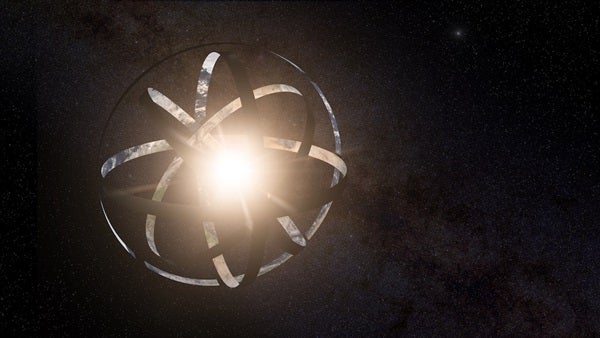
In such a scenario, intelligent life might only retain organic form for a relatively brief period before transitioning to machine-based systems. Therefore, SETI’s chances of catching aliens in their organic phase are slim, as their civilization might already be operating through advanced AI. This view also redefines the famous Drake Equation, used to estimate the number of communicable civilizations in our galaxy. With machine-based civilizations potentially lasting billions of years, the number of detectable intelligences may be higher than anticipated.
Advanced Intelligence and Technological Possibilities
The potential of advanced civilizations does not stop at AI; they might also create massive space-based structures, like Dyson spheres, to harness stellar energy. Other potential indicators of alien life include artificially manufactured chemicals in planetary atmospheres. Additionally, a highly advanced civilization might rely on nanotechnology, sending out swarms of microscopic probes to explore distant worlds.
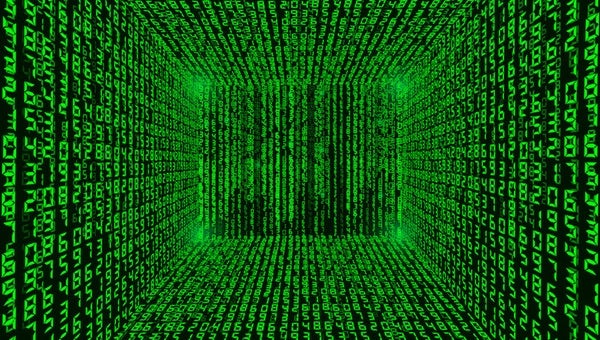
There’s even the possibility that an alien civilization could run powerful simulations, capable of creating conscious virtual worlds. This scenario raises profound questions: Could our own existence be part of a simulation created by advanced extraterrestrials? Some scientists propose that with advanced technology, simulated realities might outnumber “real” universes, suggesting we may already be part of an elaborate simulation.
While this concept remains speculative, it shows that if intelligent life is found, it may possess motives, technologies, and realities entirely beyond our understanding. Whether SETI’s silence indicates a lack of alien intelligence or simply a form of existence outside our recognition, the search continues, pushing humanity to expand its perceptions of life and intelligence beyond Earth.
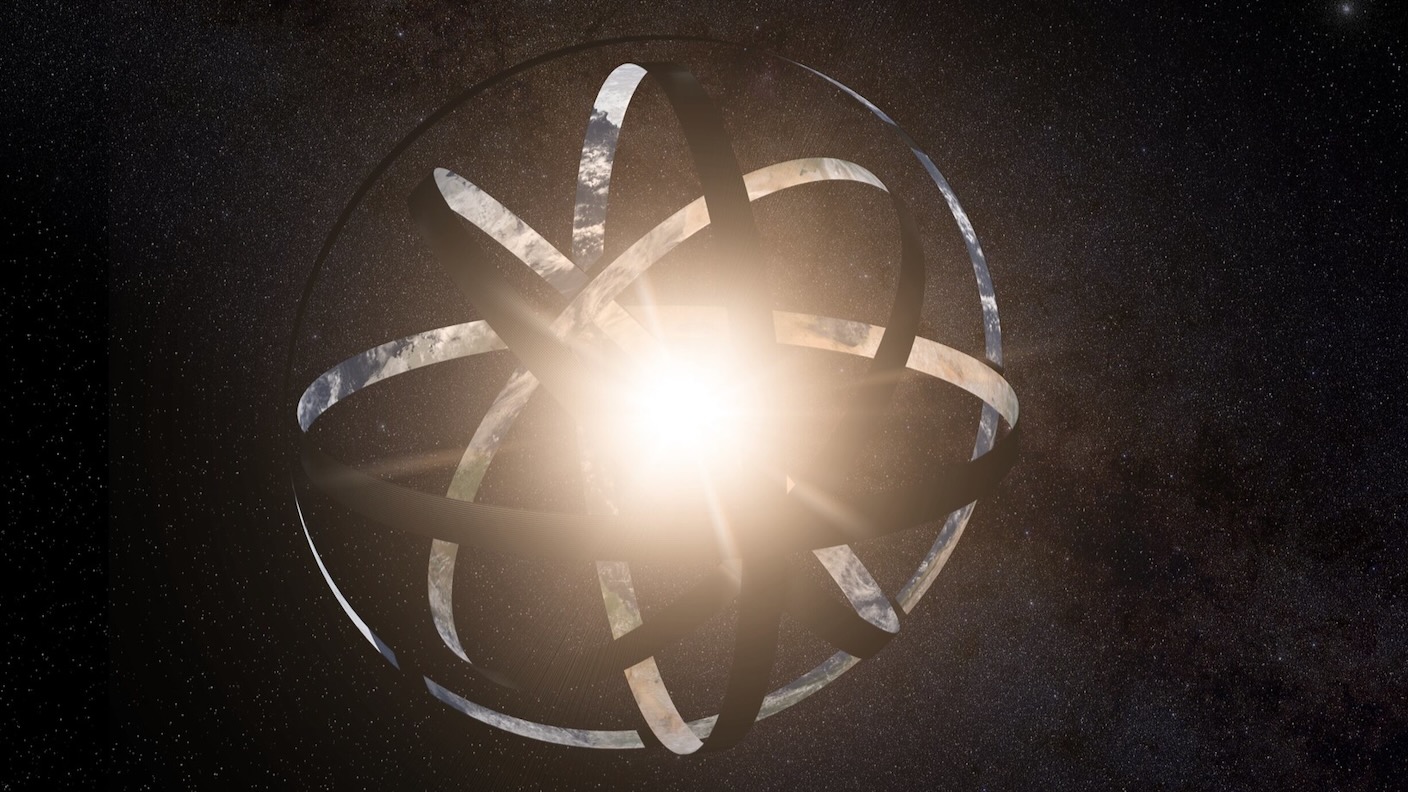

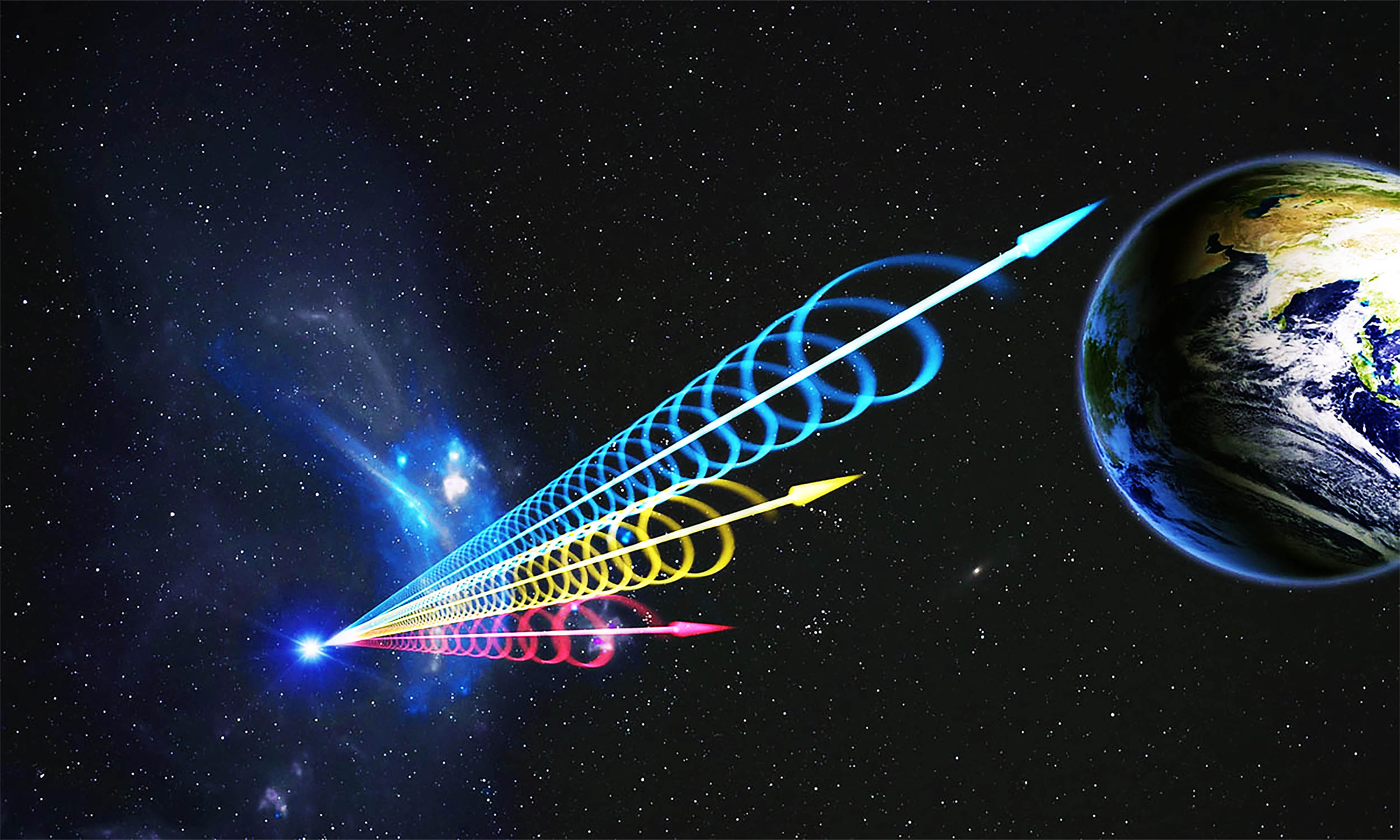

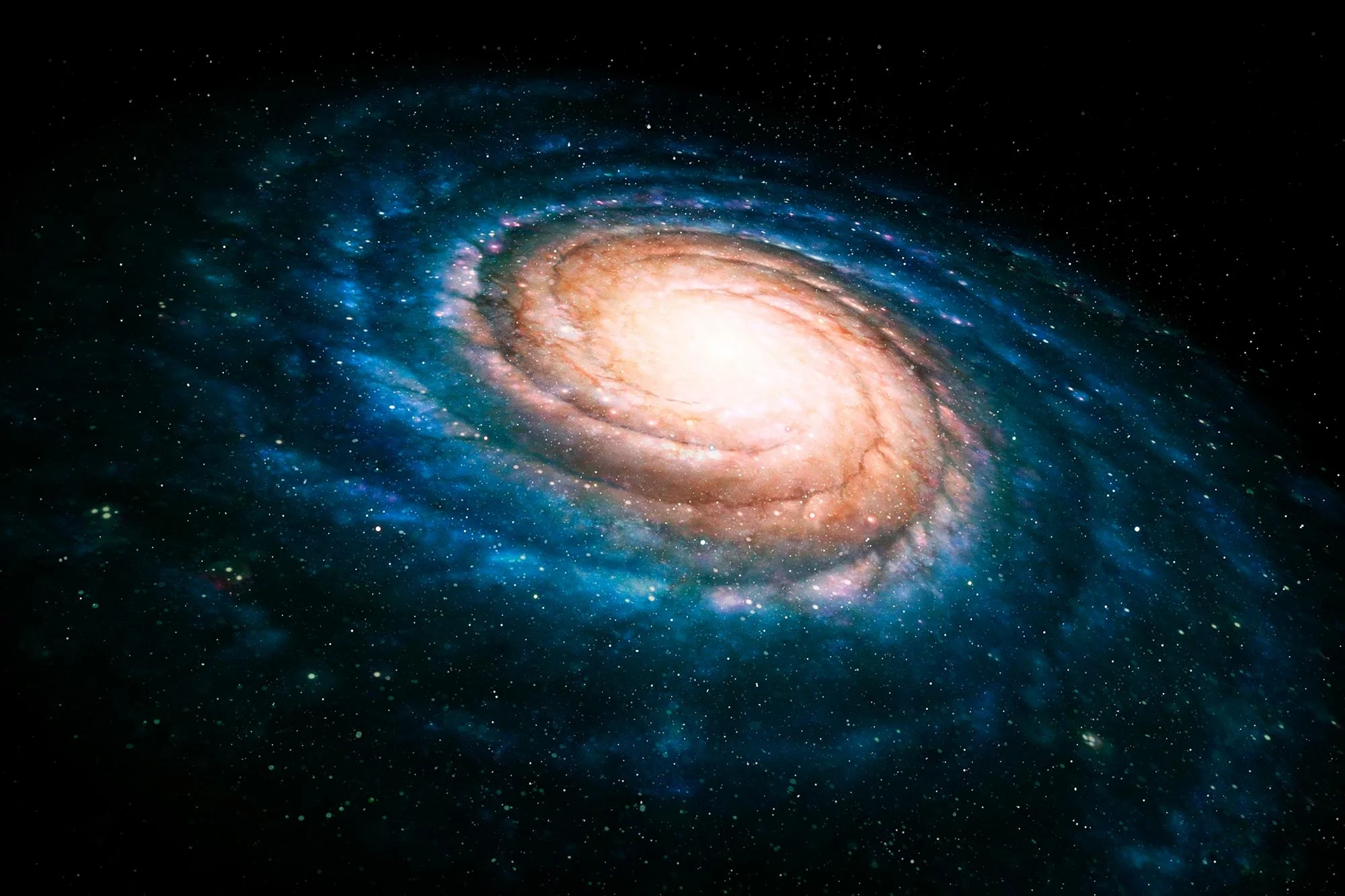
“Imagine you’re a squirrel living in a tree in the Amazon rainforest. One day, some massive machines come along and wipe you and your ecosystem off the map. You don’t why or how it happened because as a squirrel you don’t know that trees are used to make IKEA coffee tables.
An alien invasion would probably be kind of like that.”
Without reading the article, I did think for quite a while that biological constraints are probably one of the biggest limitations for humanity to become a space faring species.
Already, we rely on machines to do the discovery in space (eg. Rover, Voyager). The likelihood of encountering each other in the vastness of space increases the more advanced the involved civilizations are.
If a mega structure like the dyson sphere is ever going to be built, it’ll probably be done by machines, and not by humans. To me, the idea that the next step in our evolution is technological rather than biological has quite a bit of merit.
…For something to be artificial it has to be made by something, right? Would the discovery of artificial intelligence not mean we also discover biological intelligence?
That sounds like a polite way to say we’re most likely going to see some fancy intergalactic drone first and not an actual e.t.
Here’s my question: What makes you think there’s a difference once you reach a certain level of technological advancement?